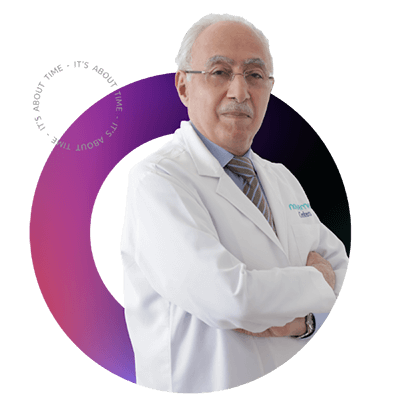Overview
The ear is composed of three parts; The outer ear is the visible portion, and the canal leads to the eardrum. The eardrum separates the middle ear from the outer ear, and it holds tiny bones that magnify sound. The inner ear is responsible for processing sounds into electric signals and transmitting them to the brain.
While ear infection (otitis media) are more frequently seen in children, it can occur in adults as well due to bacterial, fungal, or viral infection in any of the ear components.
Another type of ear infection is otitis externa, also known as the swimmer’s ear, which usually occurs due to repeated exposure to water, making the ear canal more sustainable to infection. It causes inflammation of the external ear canal that connects the outer ear and eardrum.
What causes ear infections?
The Eustachian tube connects the ear to the back of the nose. This tube balances the air pressure within the ear and directs fluids from the middle ear into the throat. When the Eustachian tube becomes blocked, fluids and related bacteria begin to accumulate in the middle ear; This can result in ear infections, mild hearing loss, and an increased risk of an eardrum fissure.
Anything that causes the eustachian tubes to swell or become clogged increases the amount of fluid in the middle ear beneath the eardrum.
Causes include:
- Allergies.
- Colds and sinus infections.
- Excessive mucus and saliva formed during teething.
- Infected or overgrown adenoids (lymph tissue in the upper part of the throat).
- Smoking.
Ear infections are also more common in children who spend a lot of time lying on their backs sipping from a cup or bottle.
Symptoms of ear infection
You can detect this condition if you feel the following:
- Earache.
- Partial hearing loss or hearing muffled voices.
- Fever.
- Headache.
- Appetite loss.
- Blisters on the outer ear or along the ear canal.
- Ear noises such as buzzing or humming.
- Dizziness (loss of balance).
How is ear infection diagnosed?
Our ENT specialist will ask you about the duration of symptoms, the severity of your pain, any ear discharge, and if you have a fever.
The doctor will then examine your ear, looking for dryness or redness, fluid behind the eardrum, blood or pus in the middle ear, or a ruptured eardrum (a hole in the eardrum). The eardrum is examined using an otoscope, a cone-shaped device equipped with a light.
The doctor may blow air to your ear to determine whether the eardrum is moving or may do a test called a tympanogram to check the eardrum’s movement.
Occasionally, wax (cerumen) will clog the ear and require removal. In rare instances, a hearing test or other more advanced testing may be necessary for particularly difficult-to-treat patients.
How is ear infection treated?
Ear infections typically clear up after a few days! Our ENT doctor will likely prescribe over-the-counter pain medications or eardrops to address your pain and fever. If your condition does not improve within a few days after seeking treatment, your infection is most likely caused by bacteria, which will require using an antibiotic.
Antibiotics are rarely prescribed for ear infections unless they are severe and recurrent. Overprescribing antibiotics for ear infections has been shown to be ineffective.
Book your appointment at Novomed today!
If you have any queries about the symptoms and risks of ear infections, please reach out to us online and chat with us today. Alternatively, you can directly connect us by calling 8006686 to book your appointment with one of our ENT doctors in Dubai at your earliest convenience!




























